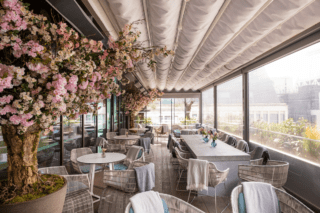This website uses cookies so that we can provide you with the best user experience possible. Cookie information is stored in your browser and performs functions such as recognising you when you return to our website and helping our team to understand which sections of the website you find most interesting and useful.
Andrew Wong: life through a culinary lens
By Lauren Jade Hill | 9 July 2021 | Food & Drink
How exploring China’s diverse gastronomic anthropology made Andrew Wong one of Britain’s most exciting chefs – and led his A Wong restaurant to become the first two- Michelin Star Chinese restaurant outside of China
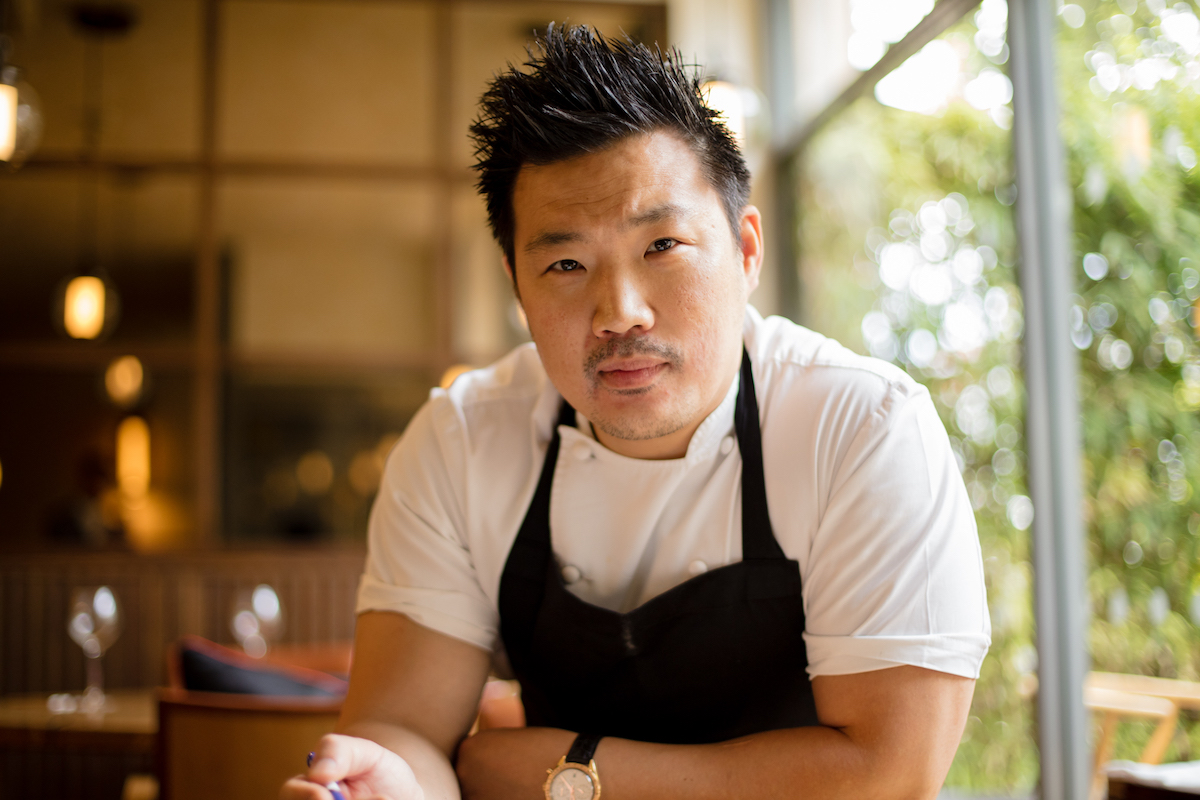
Steamed dim sum, Zhou dynasty cured scallops and braised suckling pig: each of these Chinese dishes may sound familiar but, at upmarket Pimlico restaurant A Wong, each mouth-watering creation comes with an extra helping of ingenuity.
It’s here that celebrated British-Chinese chef Andrew Wong draws on his background as an anthropologist of food to invent dishes that introduce diners to the vast flavourful histories and cultures of China.
The celebrated chef opened his eponymous restaurant in 2012, after returning from a working tour of China, and began creating dishes based on his new appreciation of the country’s culinary diversity, as well as his own heritage – the south-west London dining spot is on the same site his parents ran their Cantonese restaurant.
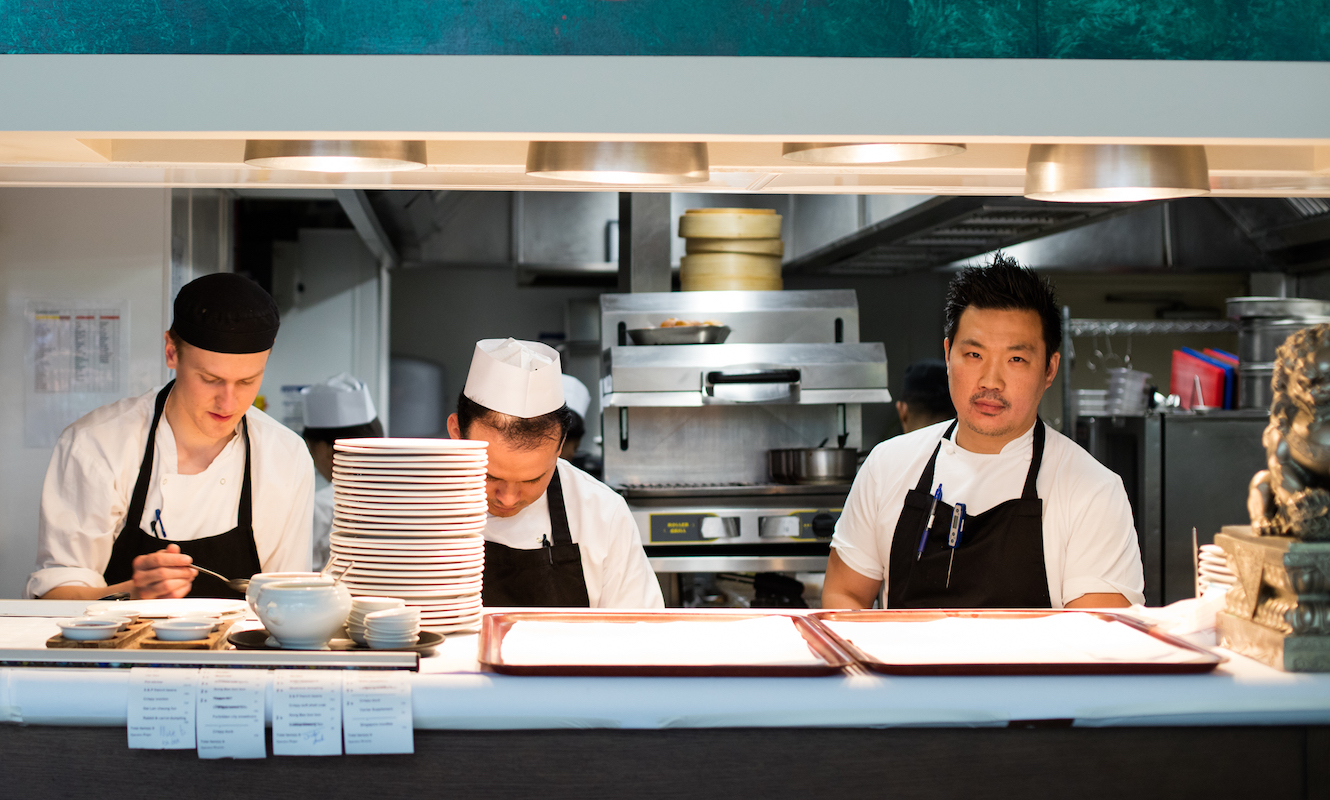
Wong studied chemistry at Oxford University and social anthropology at the London School of Economics before deciding to return home to help build the family restaurant. A course at culinary school was soon followed by travels around China, which inspired Wong’s desire to explore the cultural and regional differences that define China’s gastronomy.
“I started by just helping my mother out; now I don’t know where time has gone,” he tells Tempus. “Along the way we’ve had this incredible journey. I try to always concentrate on the now. I think that’s helped me in the sense that we’re always focused on improving the restaurant – we try to evolve every day.
“My trip to China was an absorbing experience in the sense that it wasn’t just learning about recipes, but was also about self-discovery and the realisation of what I was trying to look into,” he says. “This is a gastronomy that is thousands of years old and a country that has 14 other countries bordering it. That was a point that I discovered how little I knew [about China] but at the same time how exciting it was that I could learn more.”
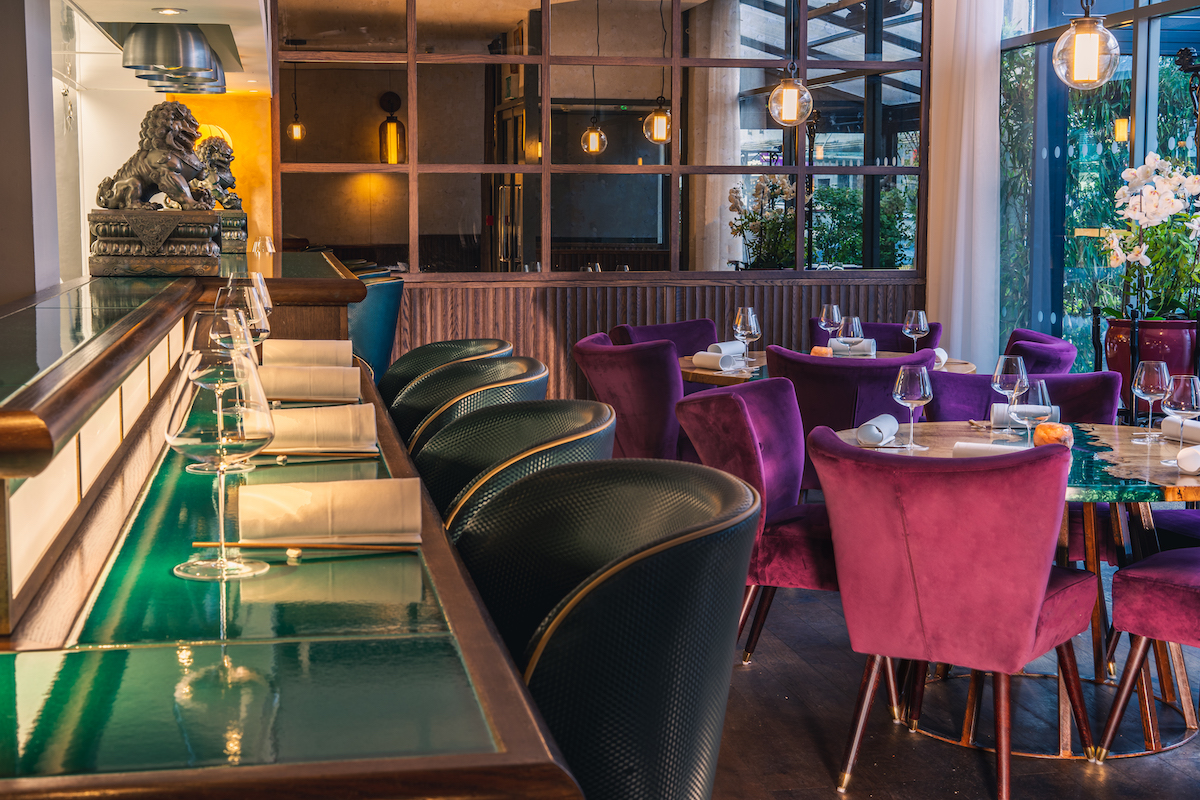
As Wong discovered the real breadth of Chinese cuisine – and how it is shaped by the country’s 3,000 years of culinary history – he recognised that there was an untapped market in London, which was then predominantly offering Cantonese cuisine.
“We’re talking about a time when most Chinese restaurants in the UK were Cantonese and the rise of Sichuan cuisine had just begun,” he explains. “At this time, I realised that there was so much gastronomy that the London dining scene didn’t know about. I wanted to explore that, and try to interest London in the things that I thought were interesting."

A MOMENT IN TIME
After a period of recreating dishes and reinterpreting them with his own spin, the chef took his culinary creation to another level by collaborating with anthropologist Dr Mukta Das, a specialist in the history of Chinese cuisine. Together, they have leafed through ancient documents and delved into moments of China’s history to uncover more of the country’s vast gastronomic identity.
In 2020, Wong was inaugurated as an official research associate at London’s SOAS Food Studies Centre, where his new status widens the scope of his endeavour — the most exciting part of this for diners is how Wong translates his findings into food.
“It’s about collating information and trying to use that to paint a picture through food,” he explains. “Some of the dishes might be inspired by a recipe, a combination of recipes or research into a particular ingredient of a time; then, with that, there might be a bit of poetry or artwork. It’s about putting all the information together and trying to create something delicious from that.
“Whether or not it’s a true representation of a moment in time is not really that important,” he says. “It’s more about celebrating Chinese culture and history through cooking.”
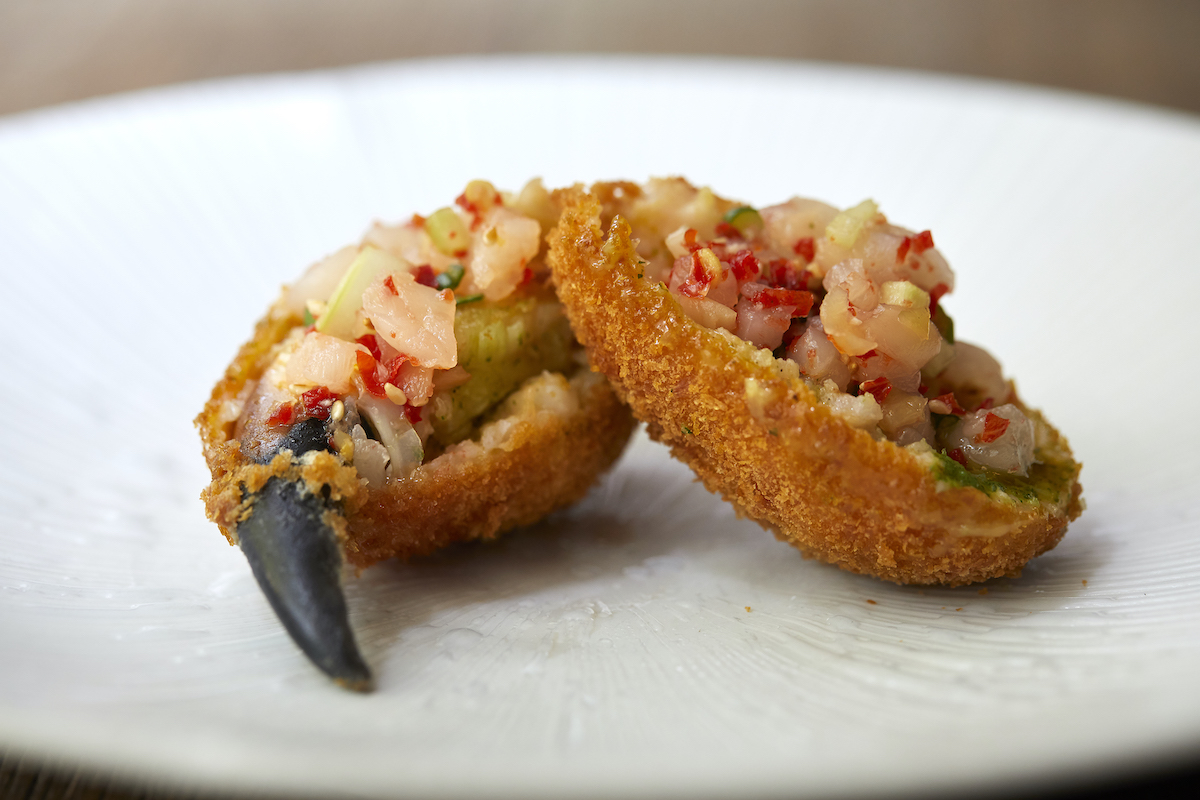
A SENSE OF COMMUNITY
Great examples of this can be found in Wong’s menu. A recent creation combined Wong’s interest in the names of traditional Chinese dishes, such as the traditional Fujian delicacy “Buddha Jumps Over the Wall” – an aromatic meat and seafood dish originating from the Qing Dynasty, and so named for its ability to tempt the vegetarian monks from their temples – with the use of ingredient such as chillies and sweet potato (the latter found in his favourite Taiwanese street foods).
Based on these influences, Wong created a fragrant vegetarian dish (so Buddhist monks can enjoy guilt-free) made of crispy skinned sweet potato, tapioca that is marinated to create the sensation of pork fat, a liquorice-infused soy dressing and the saltiness and bitterness of fermented black bean.
“It ended up being this dish that, when you first look at it, may not immediately look Chinese but because of the combination of infused soy with black beans, and the smokiness of sweet potato, definitely represents these specific influences.”
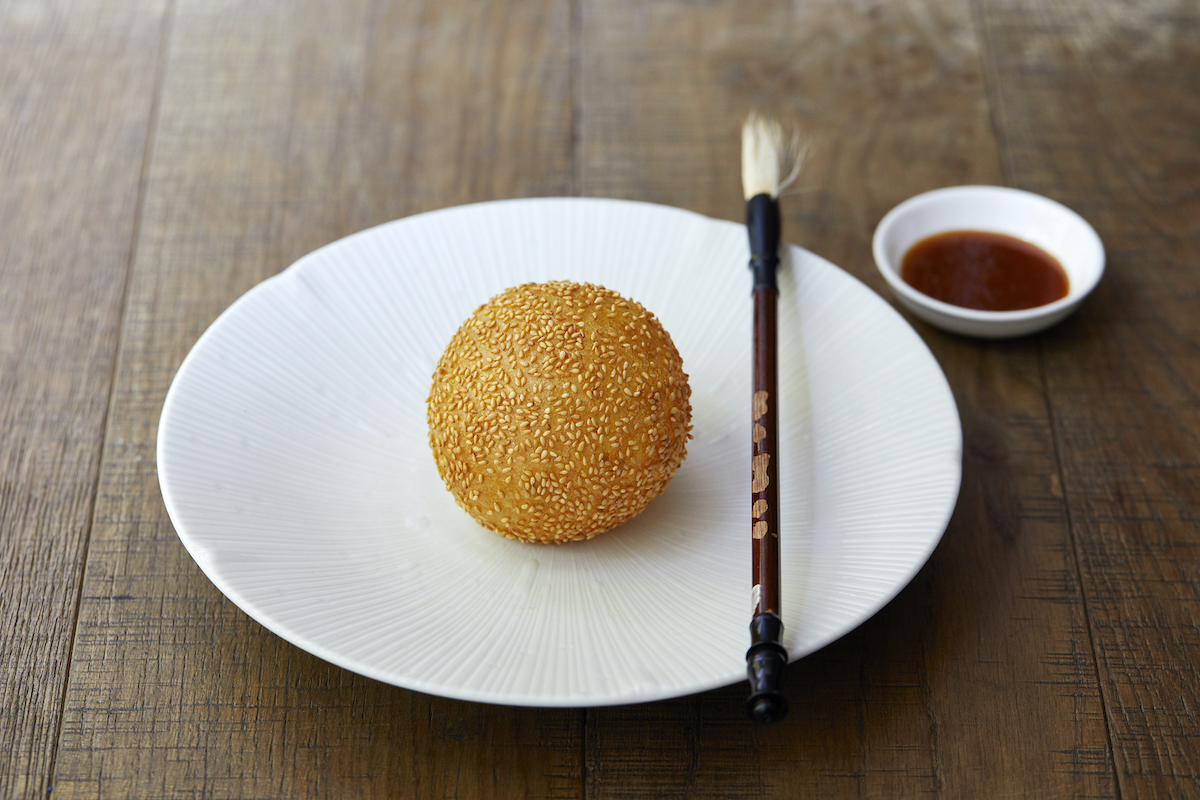
At the restaurant, diners can opt of the gain insight into the range of Wong’s research – and the history of Chinese gastronomy – through the stories behind his highly creative dishes. Wong explains that this is one of the qualities he treasures most about the restaurant, with the real goal being to make guests curious about China’s food culture.
Dim sum is one such important element of the restaurant’s culinary offering, best explored via the restaurant’s dim sum lunch menu, wherein the chef endeavours to highlight the skill and diversity of flavour of this classic dish, from Cantonese barbecued pork and Admiral Zheng He’s egg tart, to Sichuanese chicken to Laughing Buddha buns.
Wong’s Taste of China menu is an unmatched culinary tour through the flavours of modern China – from Chengdu street tofu, Shanghai steamed dumplings, Anhui province red braised fermented wild seabass, Yunnan seared beef and a dish named “Why we don’t need to eat shark’s fin soup”. Recently, Wong included a cheese course in this menu, drawing attention to this underrepresented element of Chinese cuisine.
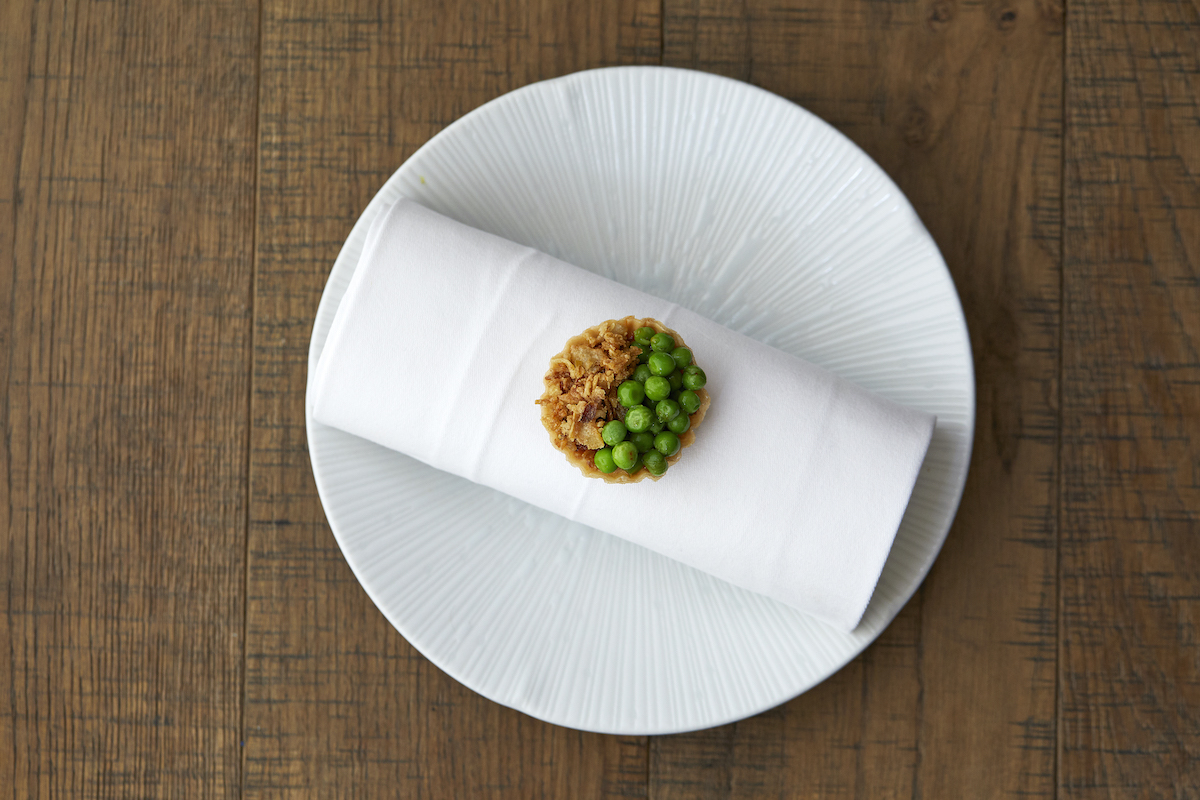
In January 2021, the restaurant was awarded for its efforts with a second Michelin star. Significantly, this accolade makes A Wong the first two-Michelin-starred Chinese restaurant outside of Asia.
“When A Wong won its second Michelin star, I felt so much gratitude towards the community,” he says. “All my parents’ and grandfather’s friends were restaurateurs and I grew up eating their food. I feel that this is not just an award for myself but for all those chefs who contributed to our 130- year history of Chinese restaurants in the UK.
“I don’t for a second believe we can sit in this privileged position without all the work our forefathers put in beforehand. It is very much a sense of joint celebration.”





